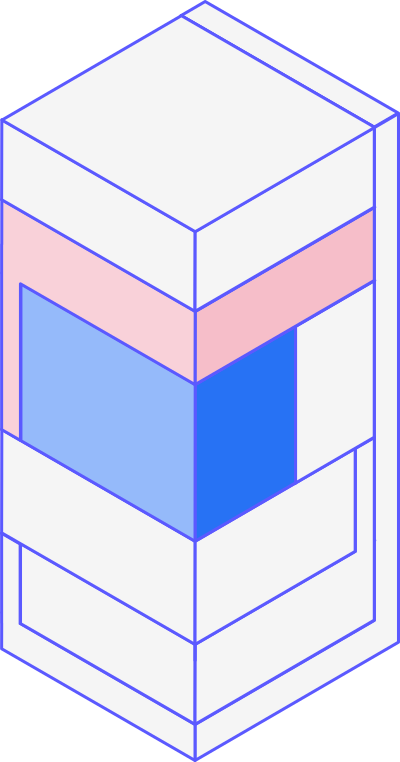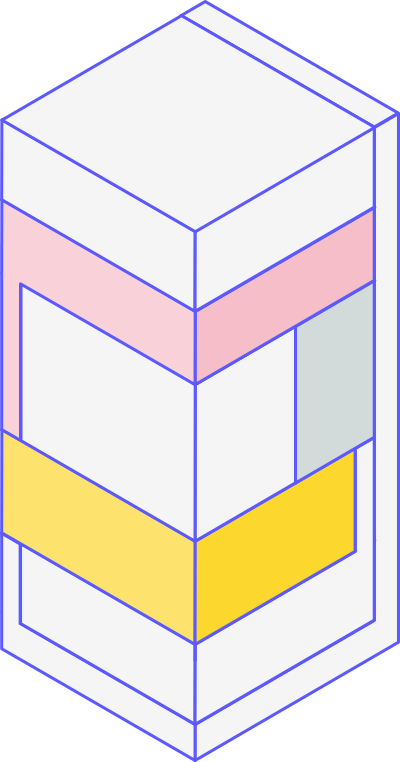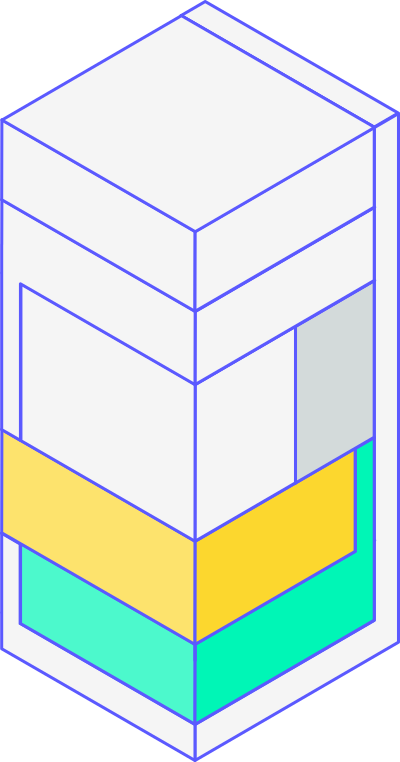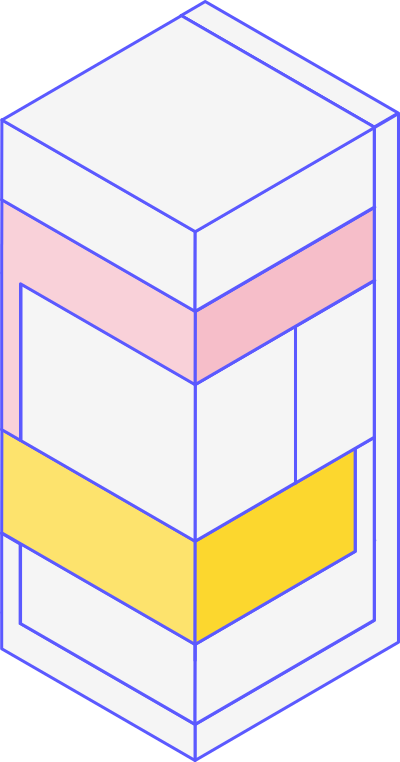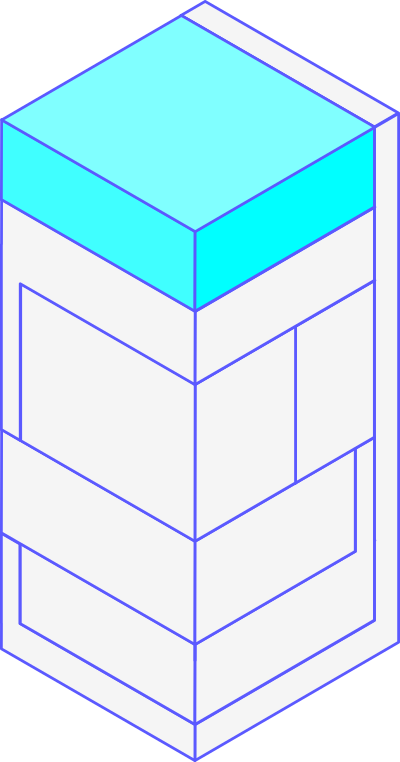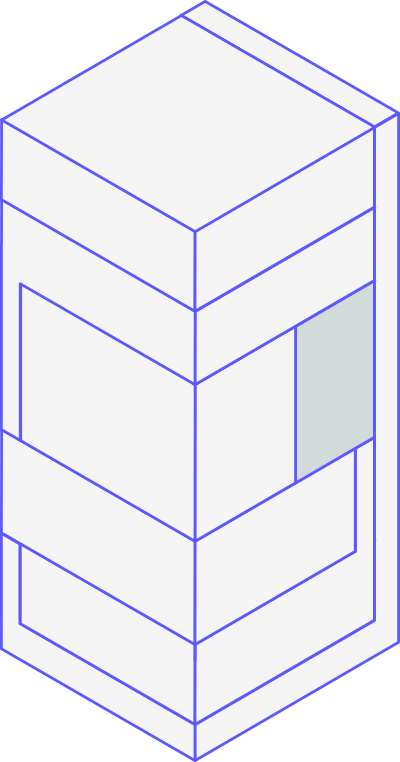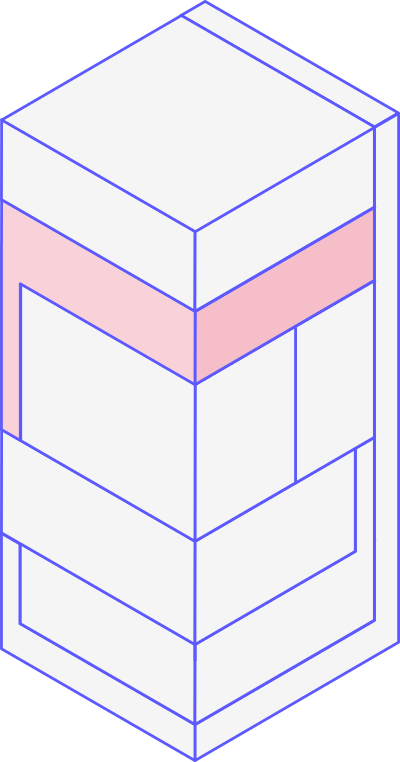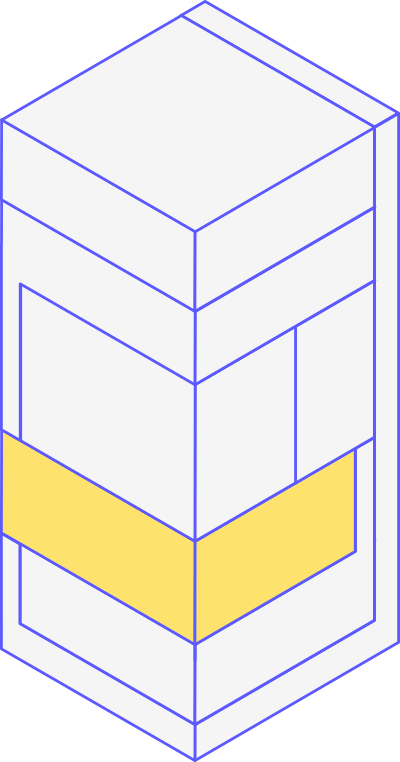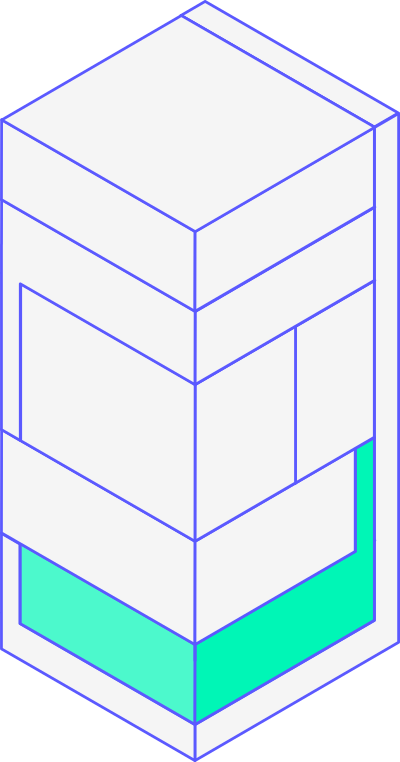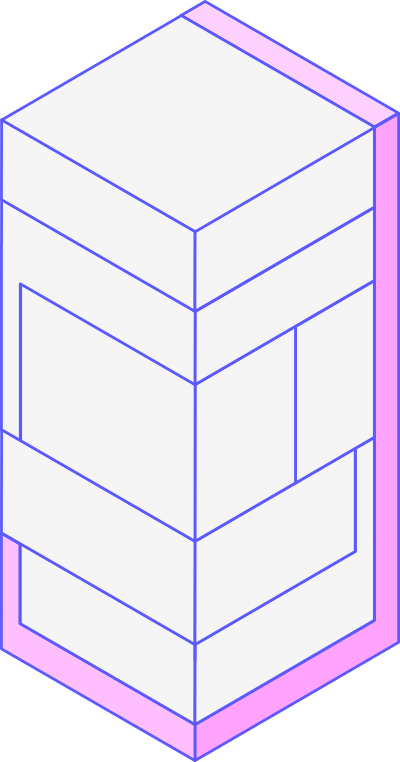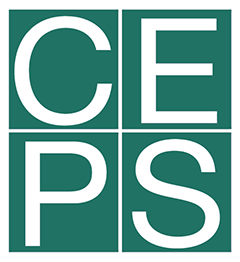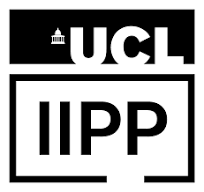Project Leadership and Coordination:
Prof. Francesca Bria
Lead Authors:
Prof. Francesca Bria, Fellow Mercator Stiftung, Hon,.Professor UCL IIPP
Prof. Paul Timmers, WeltWert®
Dr. Fausto Gernone, UCL IIPP
Commissioned by:
Supported by:
Infographics and visuals:
Dirma Janse
Geographics mapping, cartography:
Tim Tensen
Web development:
Jose Núñez
Contributing experts:
Dr. Andrea Renda, Director of Research, CEPS
Prof. Haroon Sheikh, Fellow at the Netherlands Scientific Council for Government Policy (WRR)
Professor Vrije Universiteit Amsterdam
Dr. Pierre Bitard, ANRT – Association Nationale de la Recherche de la Technologie
Prof. Cecilia Rikap, Head of Research, UCL IIPP
Derk Oldenburg, WeltWert®
Georg Serentschy, WeltWert®
Dr. Christopher Fischer, Research Fellow, CEPS
Olesya Grabova, Research Assistant, CEPS
Martin Hullin, Director, Bertelsmann Stiftung
Dr. Felix Sieker, Project Manager, Bertelsmann Stiftung
Additional contributors:
Sebastiano Toffaletti, Secretary General (CEO), European DIGITAL SME Alliance
Alberto Marti, VP of Open Source Innovation, Open Nebula Systems
Robin Berjon, Technologist, and governance expert
Dr. Alek Tarkowski, Director of Strategy, Open Future Foundation
Paul Keller, Director of Policy, Open Future Foundation
Adriana Groh, CEO, Sovereign Tech Agency GmbH
Sophie Bloemen, Commons Network
Rob van Kranenburg, Senior Policy and Communication Specialist, Martel Innovate
Vittorio Bertola, Head of Policy and Innovation, Open-Xchange
Francesco Bonfiglio, CEO, Dynamo
Denis Roio, CEO Dyne.org
Reviewers:
Prof. Henning Kagermann, Chair of the Board of Trustees, acatech – National Academy of Science and Engineering, Germany
Prof. Johannes Meier, Chairman, Mercator Foundation
Prof. Cristina Caffarra, Former Antitrust Consultant, UCL, CEPR Associate Fellow
Pierre Pezziardi, Entrepreneur, Advisor to the French Interministerial Directorate for Digital Affairs
Dr. Evgeny Morozov, Founder, The Syllabus
Prof. Rainer Kattel, Deputy Director, UCL IIPP
Prof. Luc Soete, emeritus professor, Maastricht University
Rafael Laguna de la Vera, Founding Director, SPRIND - German Federal Agency for Breakthrough Innovation
Joerg Resch, Innovation Manager, SPRIND - German Federal Agency for Breakthrough Innovation
Dr. Stefan Heumann, Managing Director, Agora Digitale Transformation
Prof. George Danezis, University College London & Mysten Labs
Prof. Daniele Archibugi, Research Director, Italian Research Council, Irpps, and Professor of Innovation, Governance and Public Policy, University of London, Birkbeck Business School
Frank Rieger, Technologist
Udbhav Tiwari, Director, Global Product Policy, Mozilla
Prof. Cristian Hesselman, Director SIDN Labs; University Twente
Axel Voss, MEP, EPP Group
Kai Zenner, Head of Office and Digital Policy Adviser for MEP Axel Voss, The EPP Group
Alexandra Geese, MEP, The Green/EFA Group
Matthias Ecke, MEP, The S&D Group

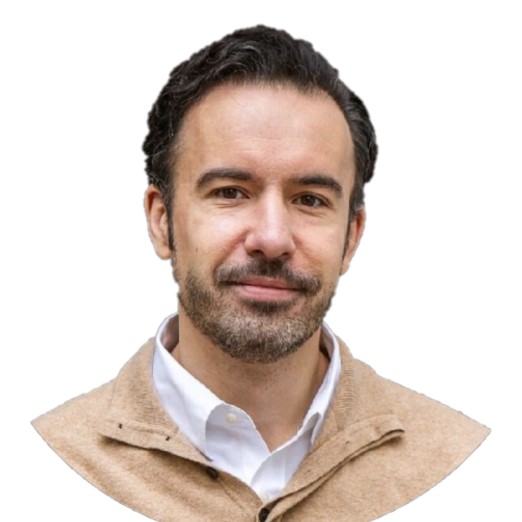












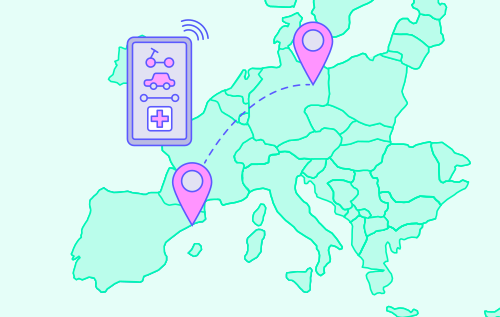 Clara, a Barcelona resident, visits Berlin for a music festival, seamlessly accessing EuroStack-enabled mobility and healthcare services.
Clara, a Barcelona resident, visits Berlin for a music festival, seamlessly accessing EuroStack-enabled mobility and healthcare services. 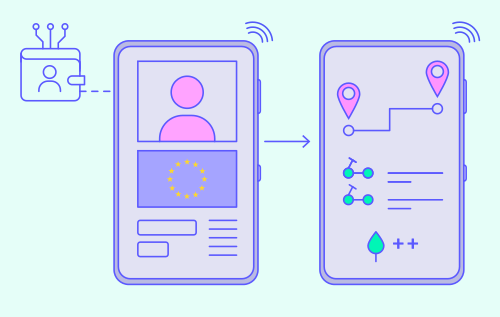 Using her Sovereign Digital Identity Wallet, Clara logs into a Berlin mobility app, which verifies her identity securely. Tailored discounts for eco-friendly transport options, such as e-scooters, are offered.
Using her Sovereign Digital Identity Wallet, Clara logs into a Berlin mobility app, which verifies her identity securely. Tailored discounts for eco-friendly transport options, such as e-scooters, are offered. 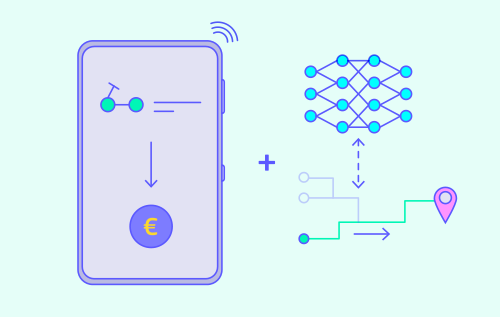 Payments are instant and fee-free via Digital Euro, while Federated AI provides real-time updates for low-carbon travel routes.
Payments are instant and fee-free via Digital Euro, while Federated AI provides real-time updates for low-carbon travel routes.  Later, Clara visits a pharmacy for an emergency prescription. The pharmacist accesses her medical history through the Federated Data Exchange, ensuring GDPR compliance and safeguarding her privacy.
Later, Clara visits a pharmacy for an emergency prescription. The pharmacist accesses her medical history through the Federated Data Exchange, ensuring GDPR compliance and safeguarding her privacy. 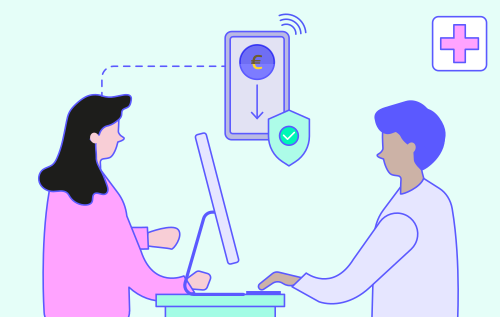 Clara pays securely with Digital Euro, completing the transaction effortlessly. The payment is automatically registered with her home healthcare insurance.
Clara pays securely with Digital Euro, completing the transaction effortlessly. The payment is automatically registered with her home healthcare insurance.  Markus, an automotive manufacturer in Munich, optimizes production with a Dutch supplier using EuroStackenabled tools.
Markus, an automotive manufacturer in Munich, optimizes production with a Dutch supplier using EuroStackenabled tools. 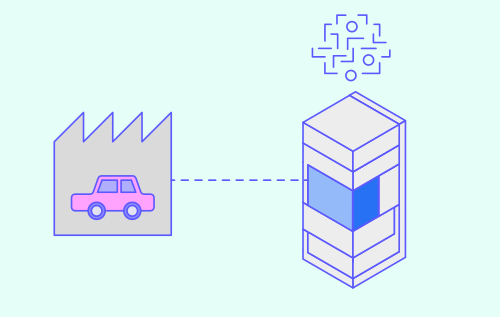 Markus’s factory connects to the EuroStack Decentralized Cloud, securely processing real-time production data locally.
Markus’s factory connects to the EuroStack Decentralized Cloud, securely processing real-time production data locally. 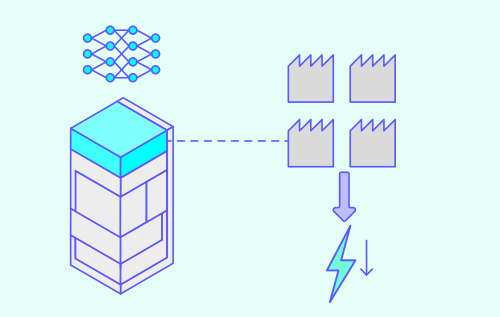 Federated AI analyses data across EU factories, providing actionable insights to reduce waste and energy use in line with the EU Green Deal.
Federated AI analyses data across EU factories, providing actionable insights to reduce waste and energy use in line with the EU Green Deal. 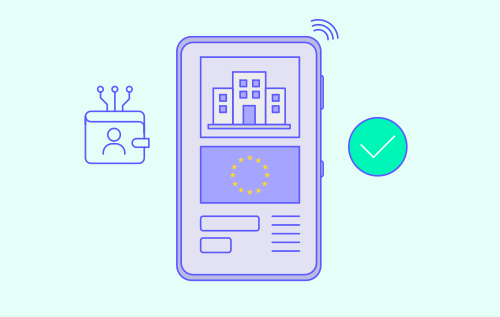 Supplier credentials are verified through the Sovereign Digital Identity Wallet, accelerating contract approvals and ensuring compliance.
Supplier credentials are verified through the Sovereign Digital Identity Wallet, accelerating contract approvals and ensuring compliance.  Payments are processed instantly via Digital Euro, avoiding delays and fees.
Payments are processed instantly via Digital Euro, avoiding delays and fees. 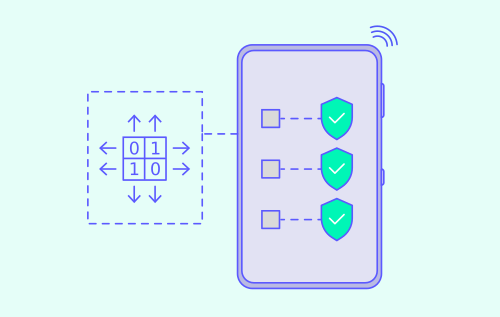 Material quality updates and delivery schedules are shared securely via the Federated Data Exchange, enabling predictive maintenance, and preventing disruptions. Markus becomes a leader in productivity growth in their sector.
Material quality updates and delivery schedules are shared securely via the Federated Data Exchange, enabling predictive maintenance, and preventing disruptions. Markus becomes a leader in productivity growth in their sector. 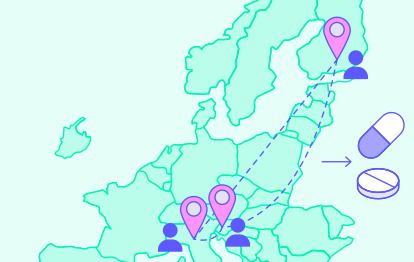 Maria, a biotech product manager in Ljubljana, collaborates with teams in Bologna and Finland to develop a precision medicine drug.
Maria, a biotech product manager in Ljubljana, collaborates with teams in Bologna and Finland to develop a precision medicine drug. 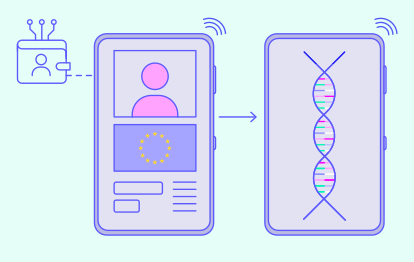 Using her Sovereign Digital Identity Wallet, Maria securely accesses sensitive genomic datasets stored in EU data infrastructures.
Using her Sovereign Digital Identity Wallet, Maria securely accesses sensitive genomic datasets stored in EU data infrastructures. 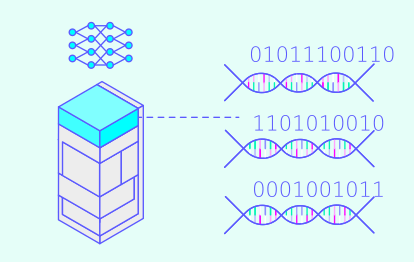 Federated AI analyses distributed data without transferring raw information, identifying genetic markers while maintaining privacy.
Federated AI analyses distributed data without transferring raw information, identifying genetic markers while maintaining privacy. 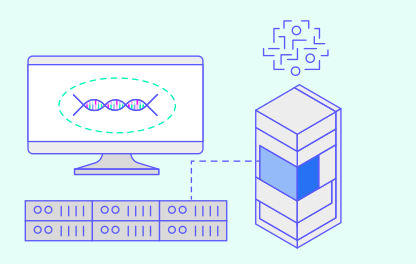 Simulations are run on Bologna’s Leonardo and Finland’s LUMI supercomputers via the EuroStack Decentralized Cloud, ensuring compliance and security.
Simulations are run on Bologna’s Leonardo and Finland’s LUMI supercomputers via the EuroStack Decentralized Cloud, ensuring compliance and security. 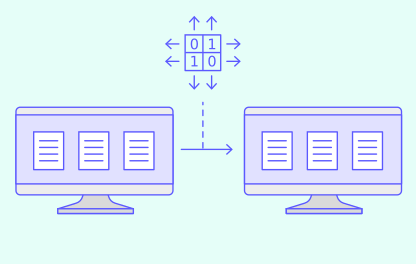 Anonymized findings are shared through the Federated Data Exchange, allowing a healthcare provider in Denmark to pilot the drug ethically and cross-border. Maria’s Ljubljana company consistently beats international competition in lab-to-market time.
Anonymized findings are shared through the Federated Data Exchange, allowing a healthcare provider in Denmark to pilot the drug ethically and cross-border. Maria’s Ljubljana company consistently beats international competition in lab-to-market time. 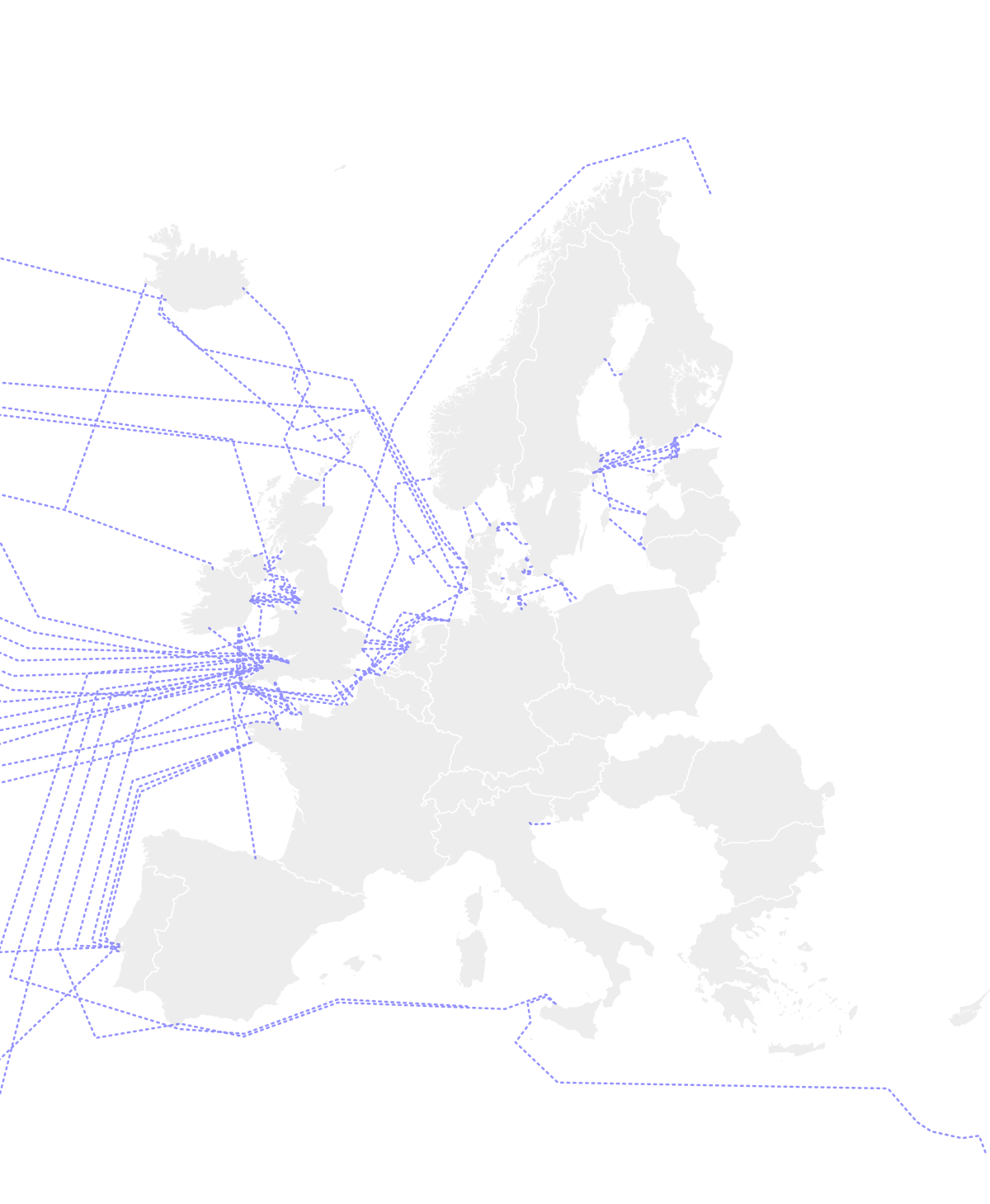
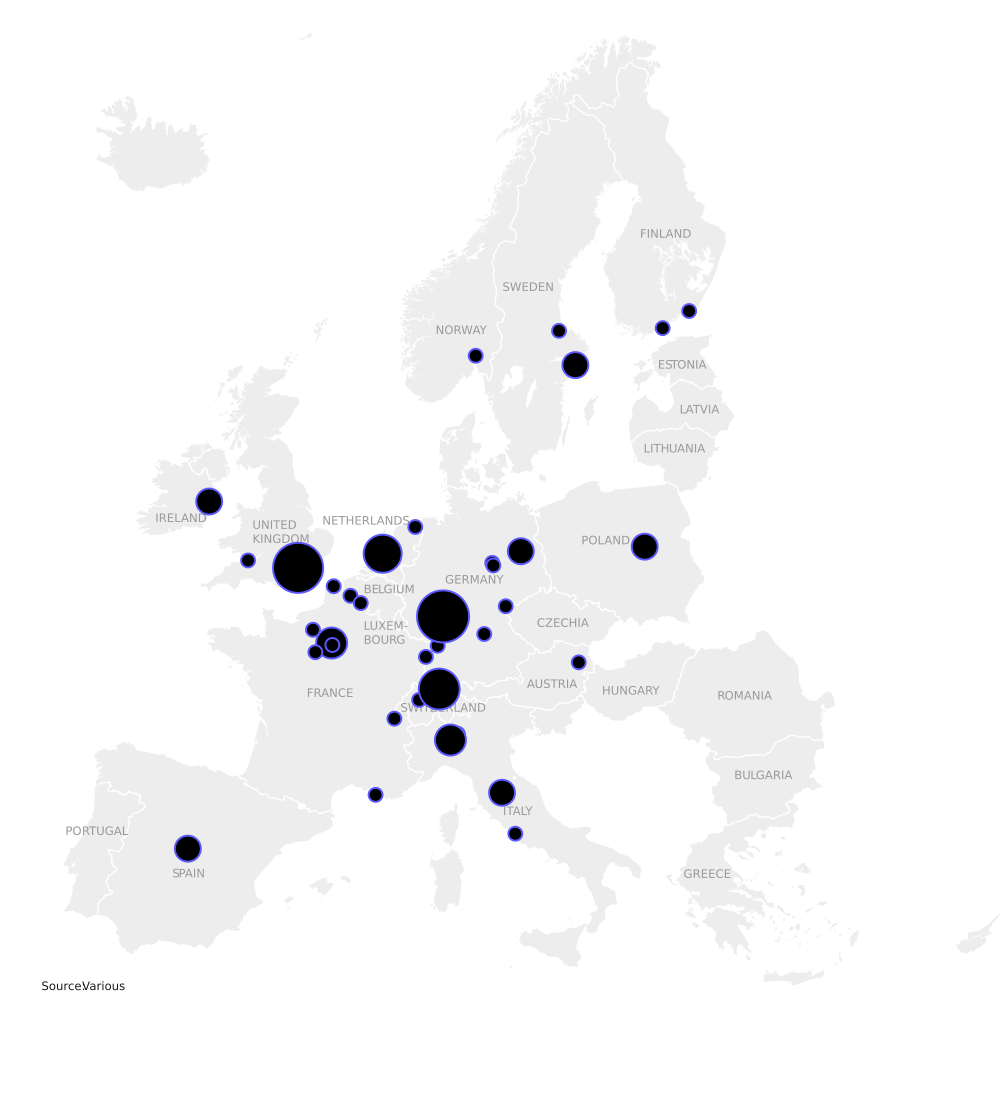
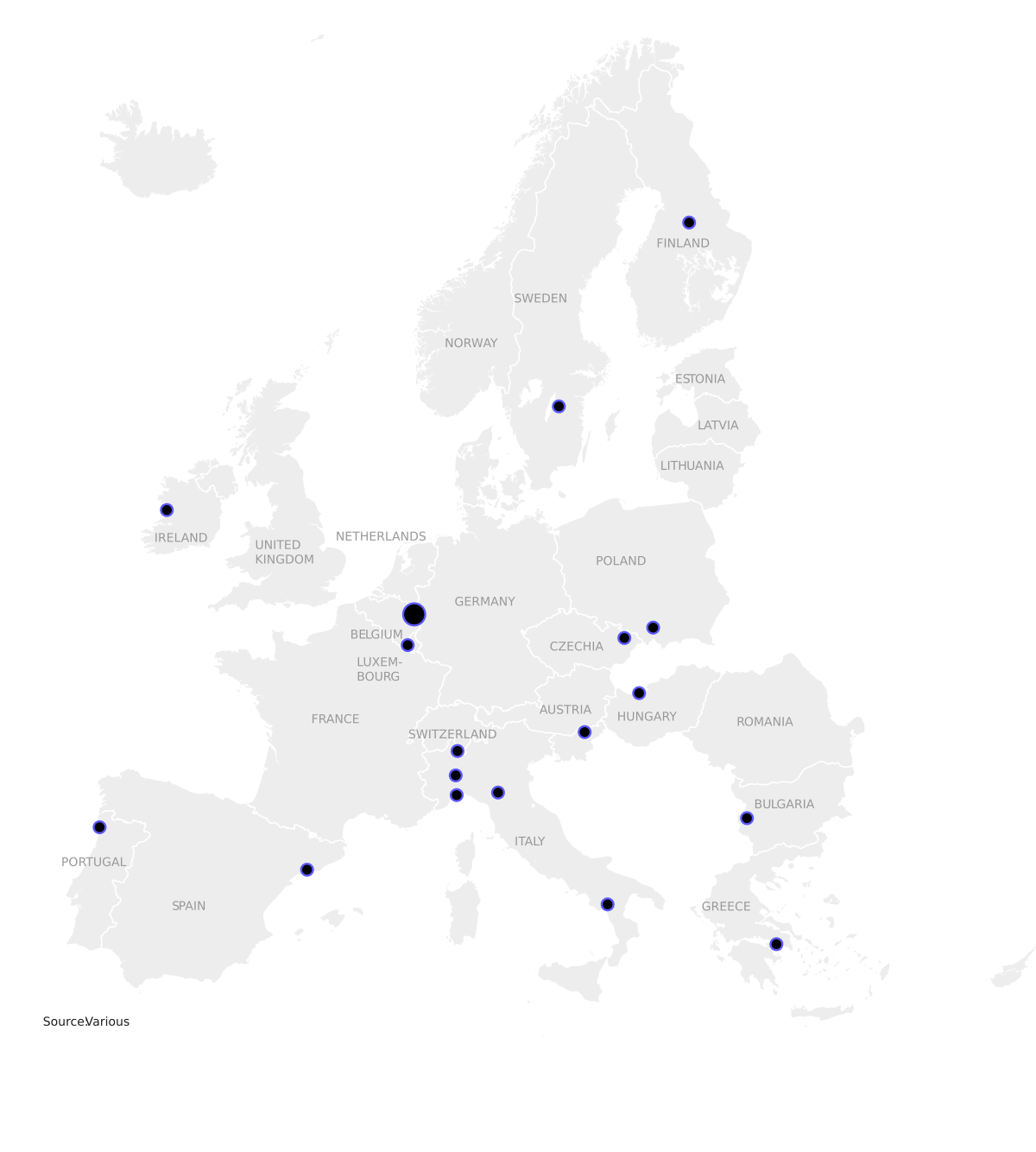
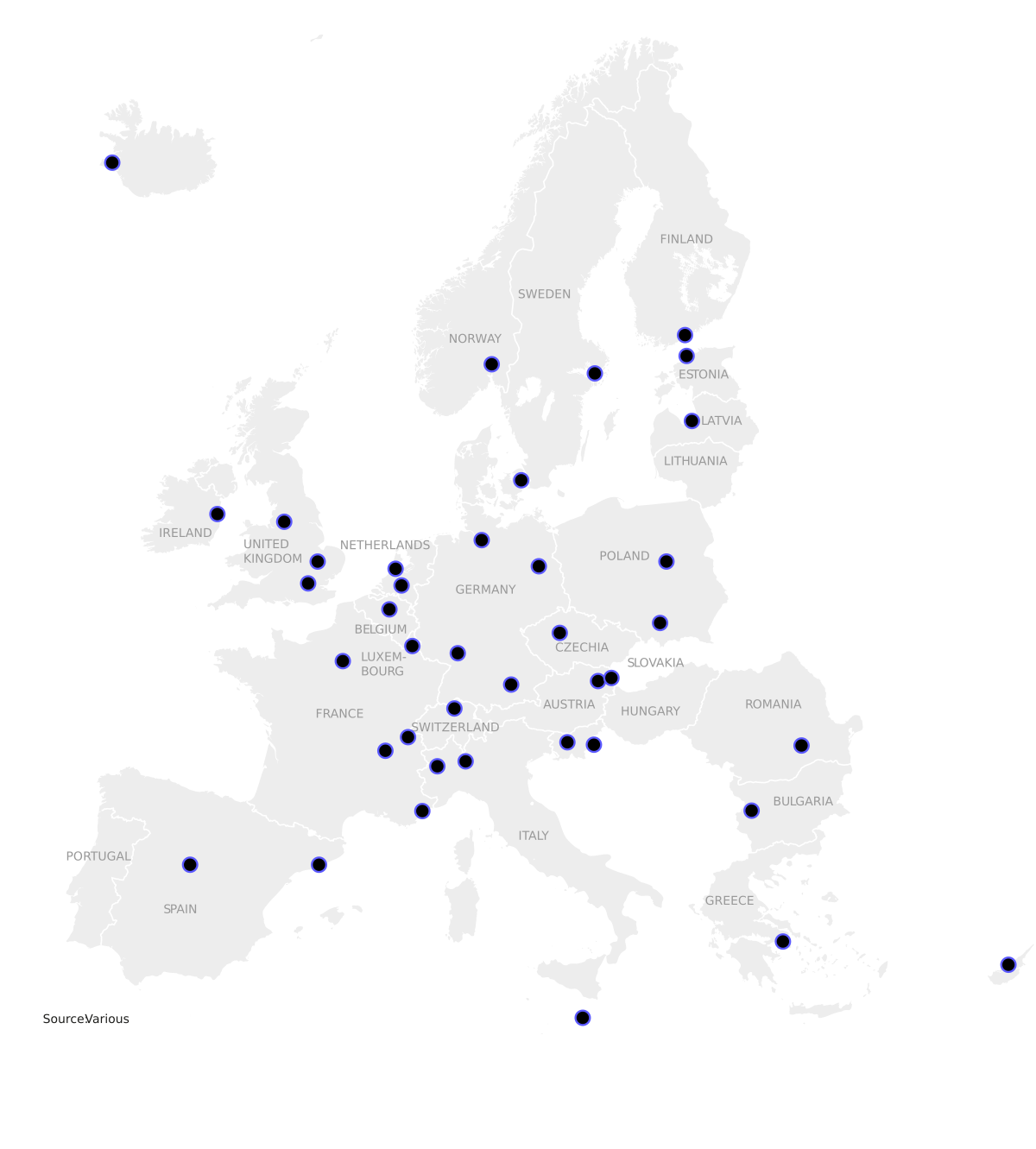
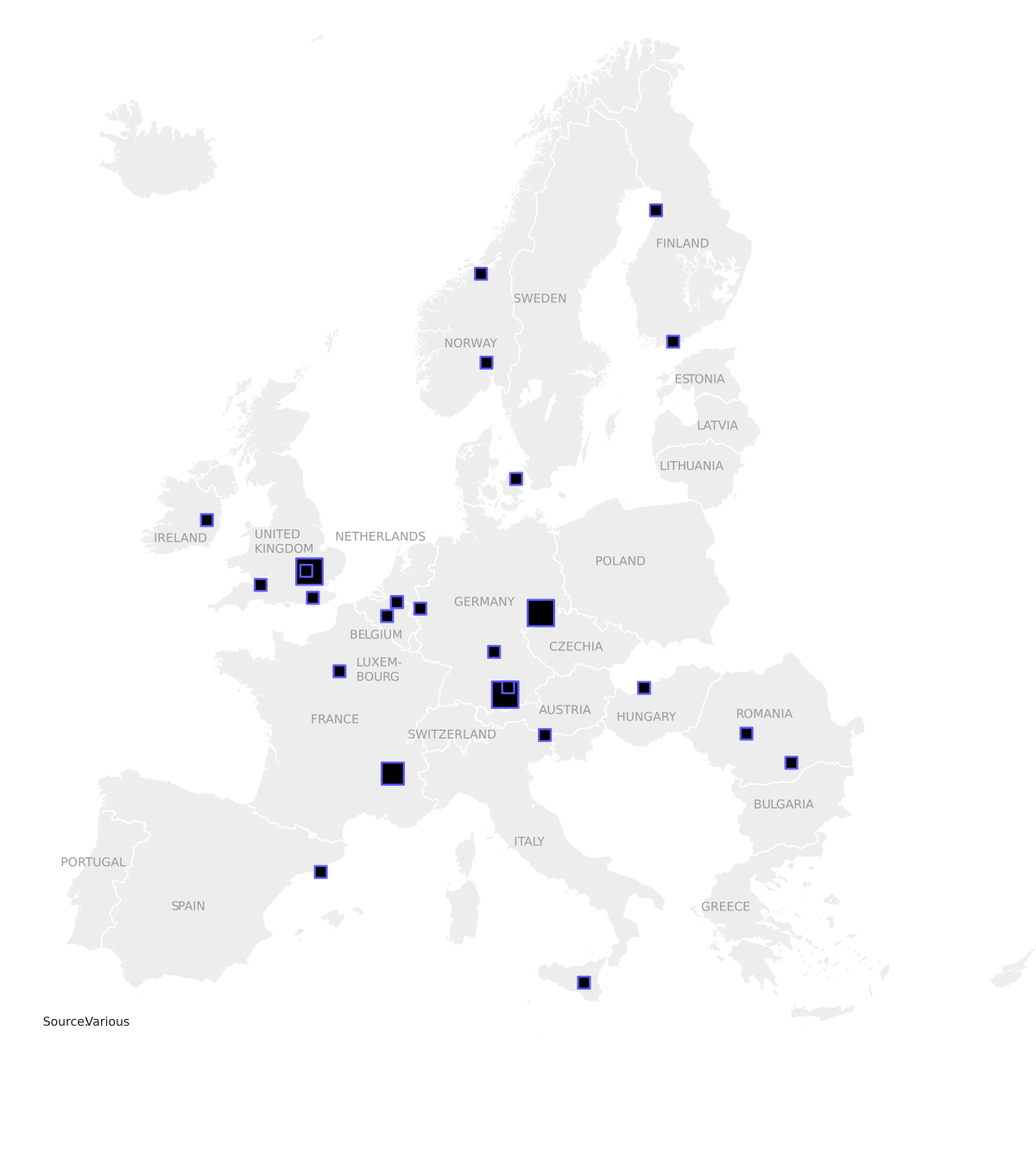
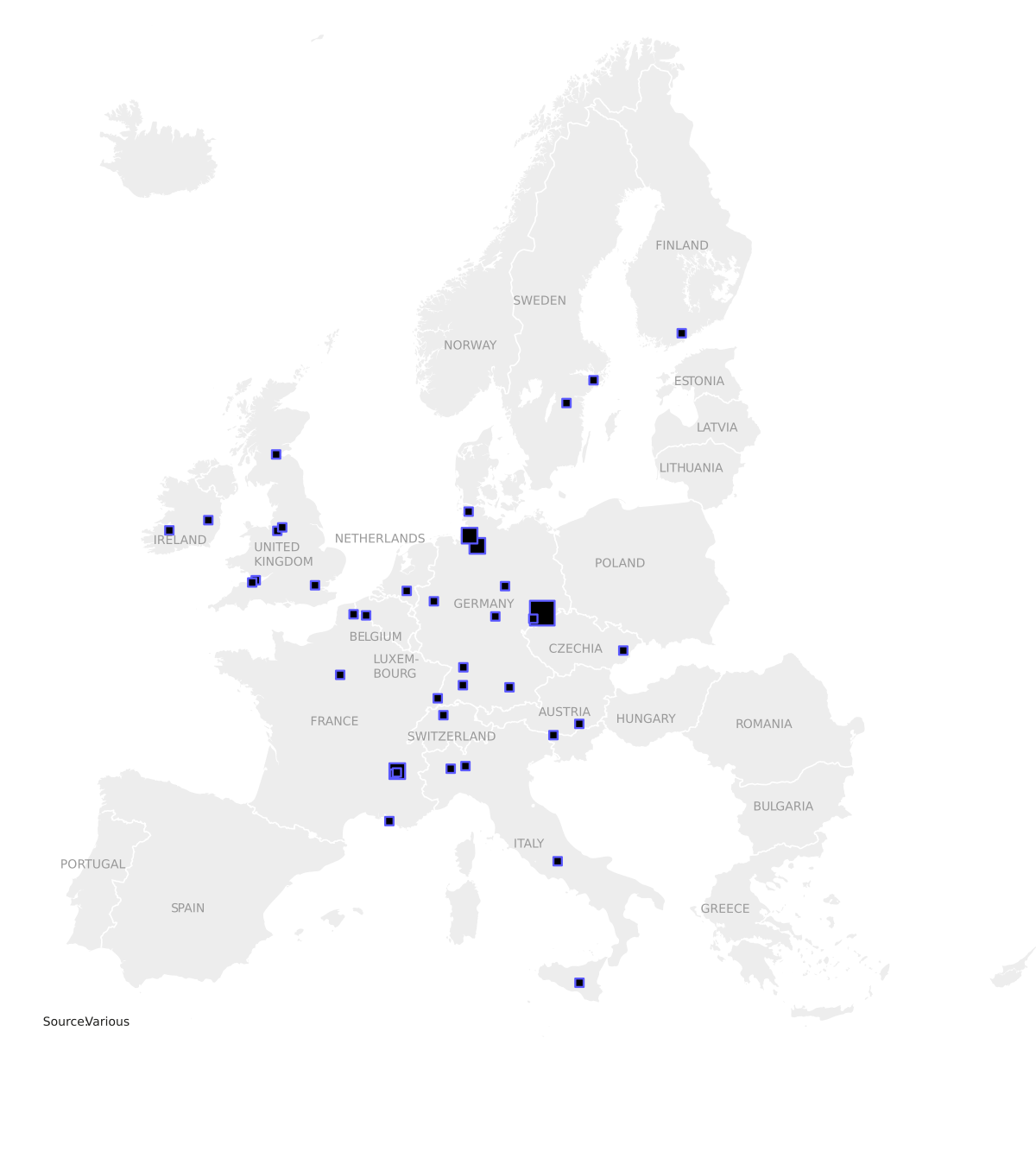
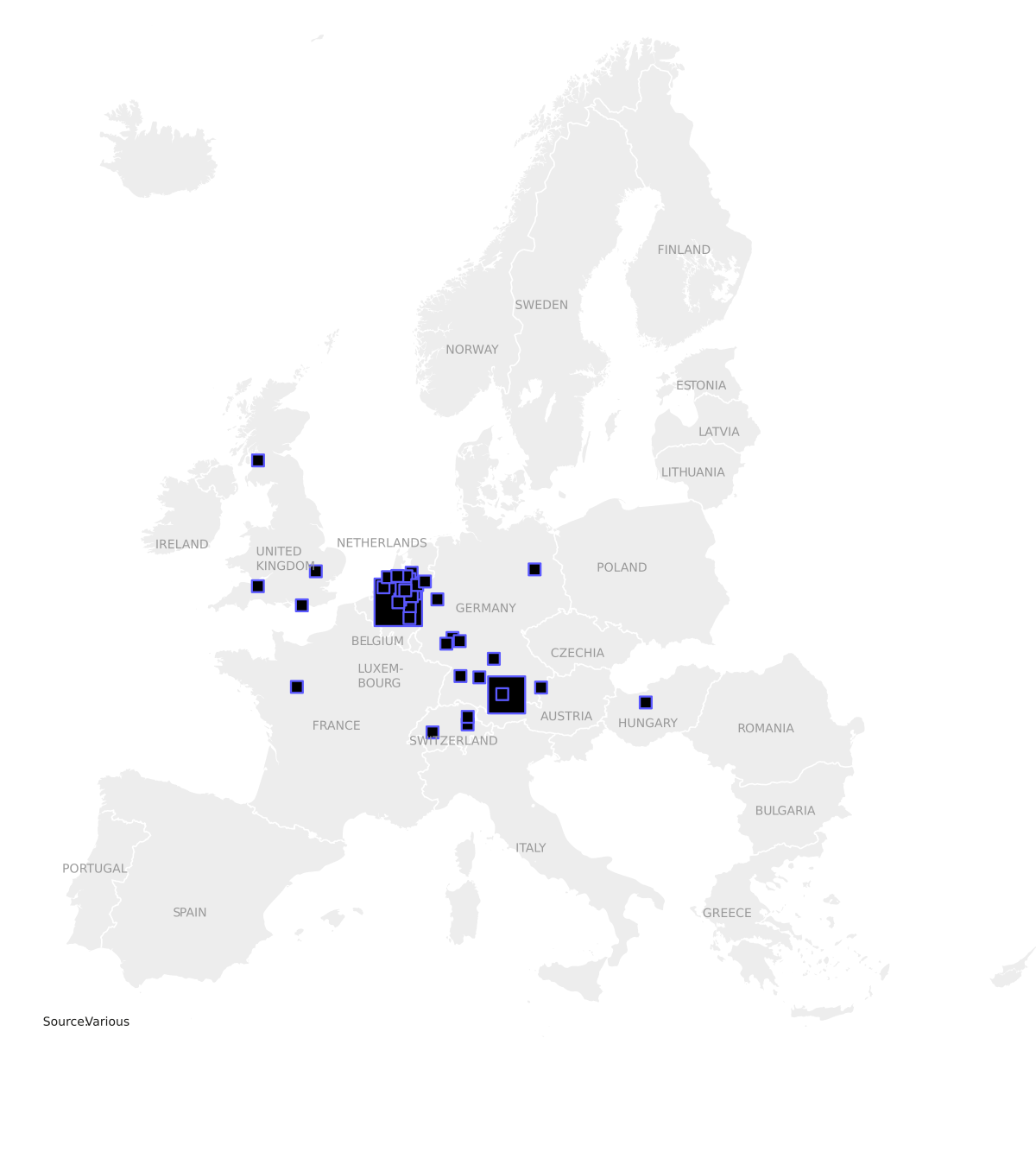
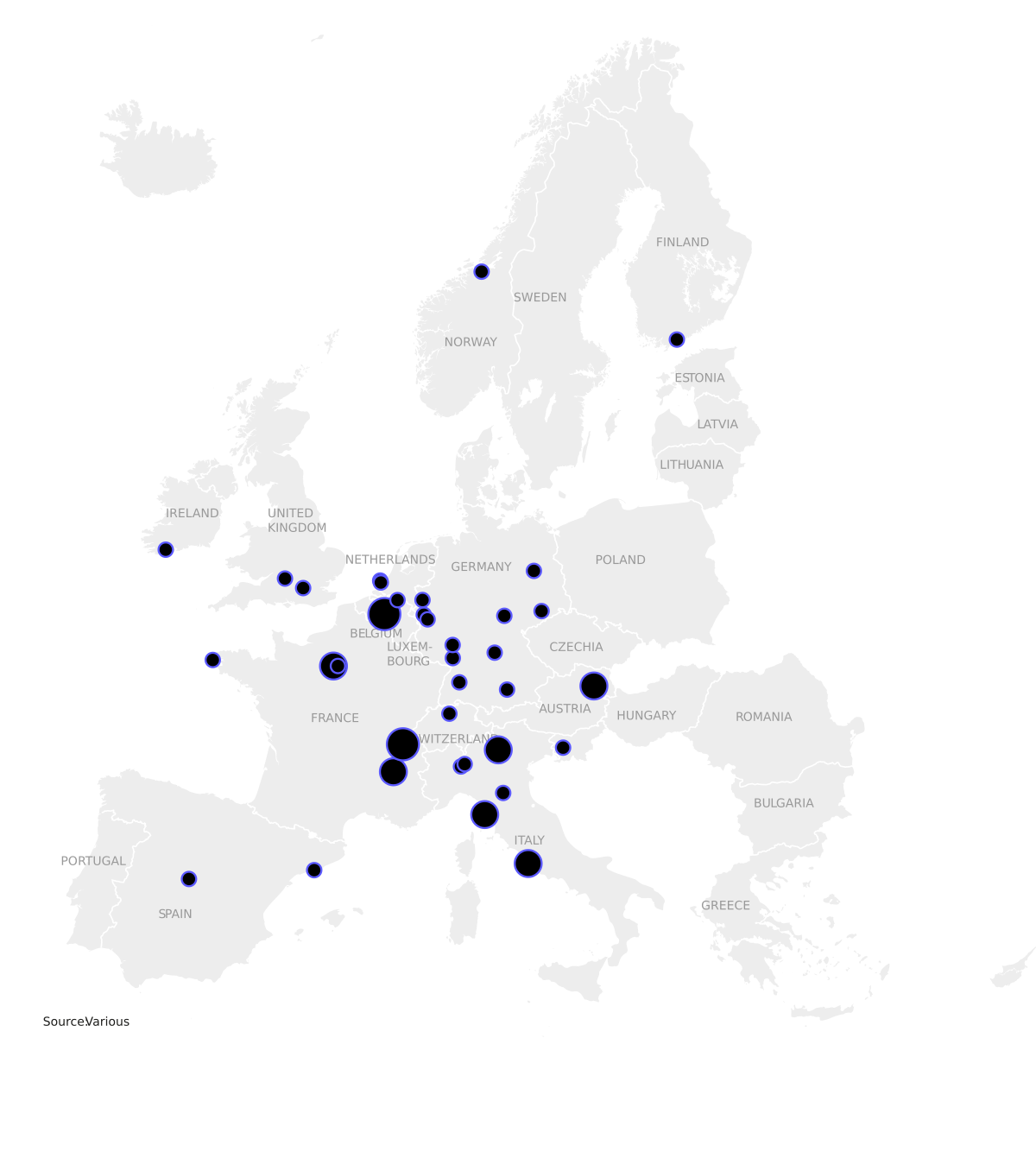
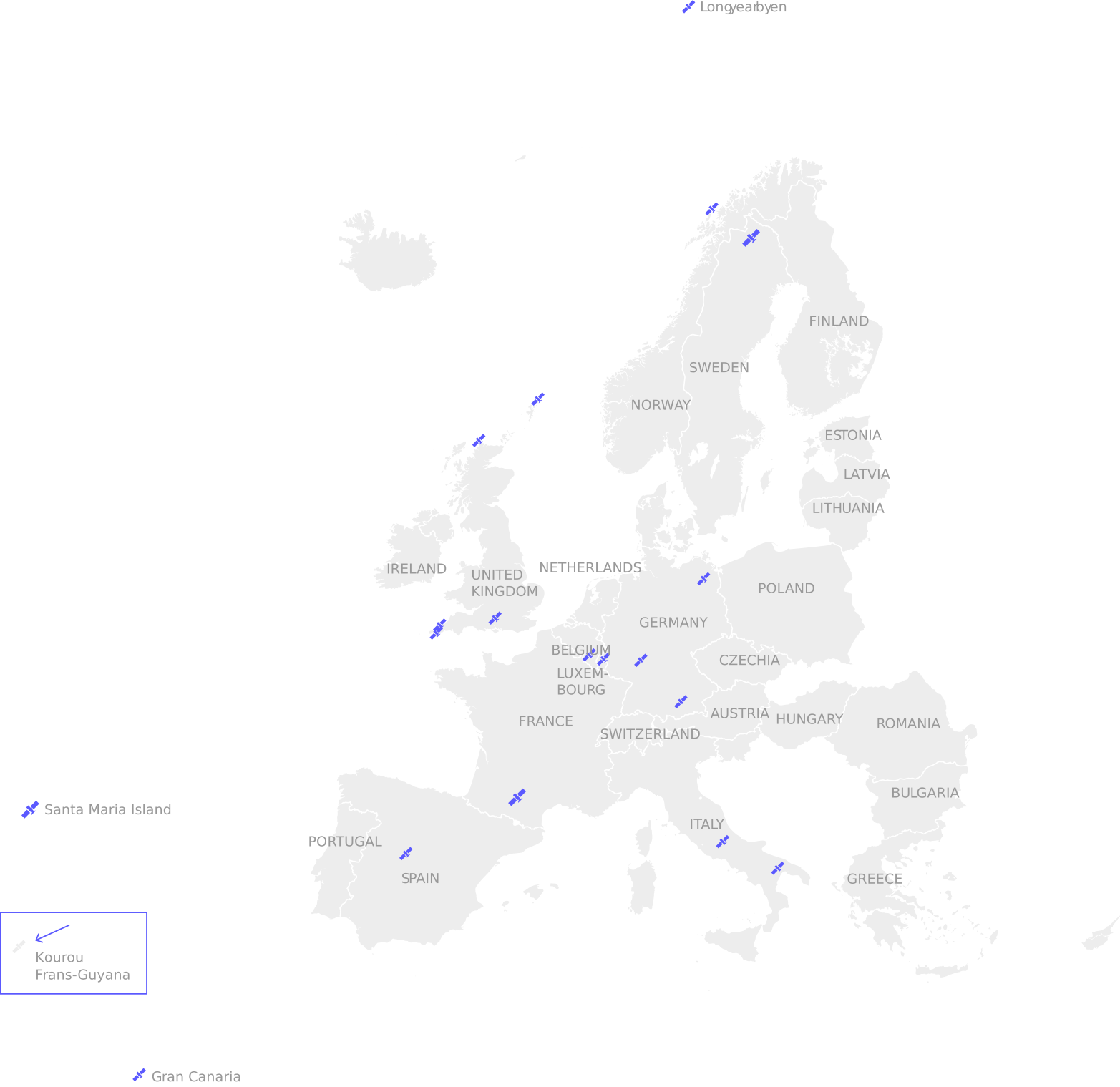
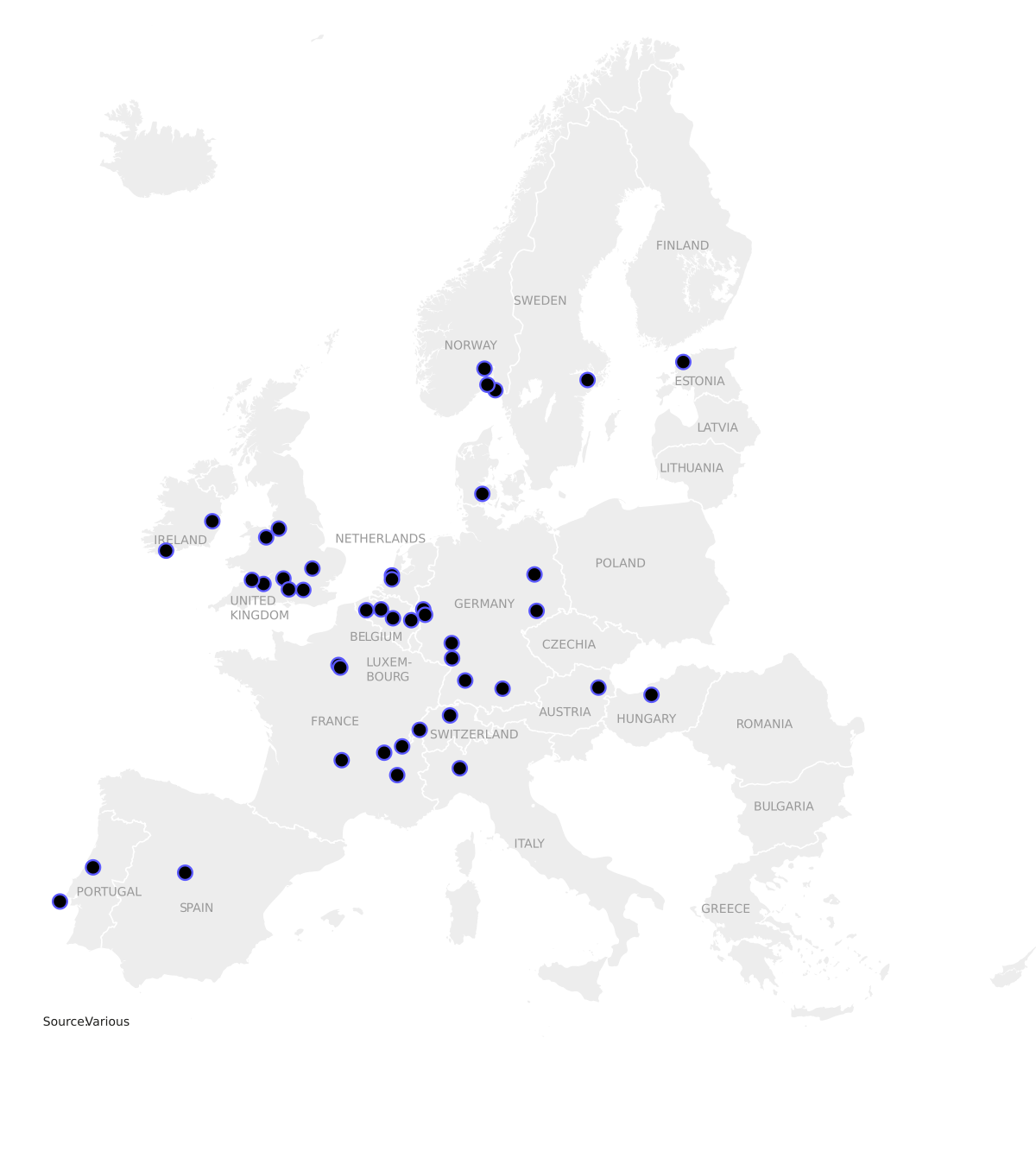
 Strategy
Strategy  Investment
Investment  Legislation
Legislation  Funding programme
Funding programme 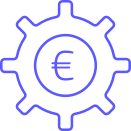 Funding instrument
Funding instrument  Deployment
Deployment 

